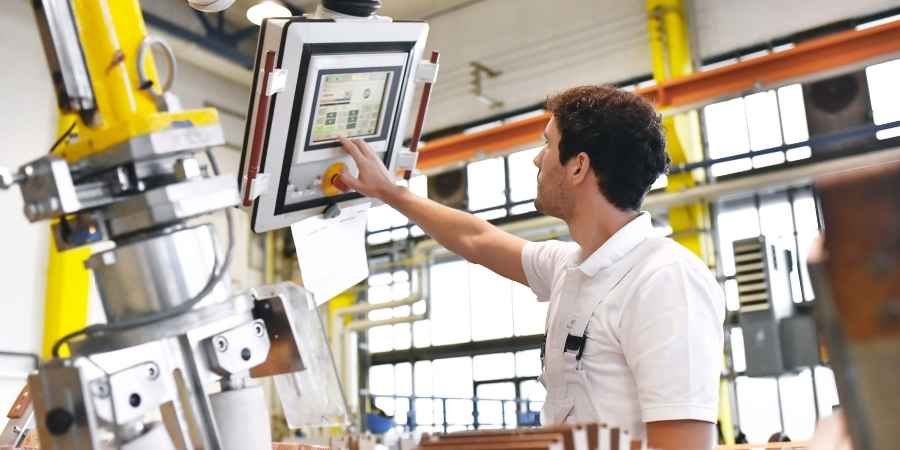In today’s rapidly evolving manufacturing landscape, marketing has transitioned from a peripheral function to a central pillar of business strategy. As digital transformation reshapes industries, manufacturers must adapt by embracing marketing to stay competitive, build brand awareness, and drive growth.
The Evolution of Manufacturing Marketing
Traditionally, manufacturing companies relied heavily on sales teams and word-of-mouth to secure contracts and maintain client relationships. However, the digital era has ushered in a new paradigm where online presence and digital engagement are paramount. According to a report by Cloudfy, the significance of digital marketing in the B2B manufacturing sector has become impossible to ignore, as businesses undergo a transformative journey from traditional to digital marketing strategies.
This shift underscores the need for manufacturers to develop robust marketing strategies that align with modern buyer behaviors and expectations. Prospective buyers are now conducting research online, comparing vendors, and reading reviews before making decisions. If a manufacturer doesn’t show up in that discovery process, they’re out of the running before the sales conversation even begins.
Key Components of Modern Manufacturing Marketing
To effectively navigate the new marketing landscape, manufacturers should focus on several critical areas:
- Digital Presence: Establishing a strong online footprint through a user-friendly website and active social media channels.
- Content Marketing: Creating valuable content that addresses customer pain points and showcases expertise.
- Search Engine Optimization (SEO): Enhancing visibility by optimizing content for search engines.
- Email Marketing: Engaging prospects and clients with targeted, informative communications.
- Analytics and Metrics: Utilizing data to measure campaign effectiveness and inform decision-making.
Additionally, video marketing has become increasingly relevant. Short, informative videos showcasing factory tours, product demos, and behind-the-scenes operations can humanize the brand and build trust with potential clients. These multimedia elements are particularly powerful for complex or high-ticket B2B sales.
Implementing these components can help manufacturers connect with their target audience, differentiate from competitors, and drive business growth.
The Role of Specialized Marketing Services
Recognizing the unique challenges faced by manufacturers, specialized services like manufacturing digital marketing services have emerged to provide tailored solutions. These services understand the intricacies of the manufacturing sector and offer strategies that resonate with industry-specific audiences.
Such providers also help integrate CRM tools, automation platforms, and conversion tracking to streamline operations and ensure ROI on marketing spend. When strategy and technology work hand-in-hand, it allows for better lead management, sales funnel optimization, and targeted messaging across campaigns.
By leveraging such expertise, manufacturers can craft compelling narratives, optimize their marketing efforts, and achieve measurable results.
Real-World Impact: Marketing Success Stories
Numerous manufacturing companies have reaped the benefits of embracing modern marketing strategies. For instance, a study highlighted in the KPMG US Industrial Manufacturing Sector Insights Report revealed that 44% of industrial manufacturing executives cited customer feedback as a top-three driver of digital transformation within their organizations.
This statistic underscores the importance of marketing in gathering insights, shaping product development, and enhancing customer satisfaction. Moreover, case studies have shown that manufacturers who invest in content marketing generate nearly 3x as many leads as those who rely solely on traditional methods.
Final Thoughts
The manufacturing industry stands at a crossroads where traditional methods intersect with digital innovation. Embracing marketing is no longer optional but essential for manufacturers aiming to thrive in this new age. By adopting comprehensive marketing strategies and leveraging specialized services, manufacturers can build stronger brands, foster deeper customer relationships, and drive sustained growth in an increasingly competitive marketplace.
Looking ahead, manufacturers that continuously evaluate and evolve their marketing approaches will be best positioned to succeed. Staying ahead of trends, investing in training, and tracking key performance indicators are all part of a sustainable, growth-oriented strategy that connects with today’s digital-first customers.











